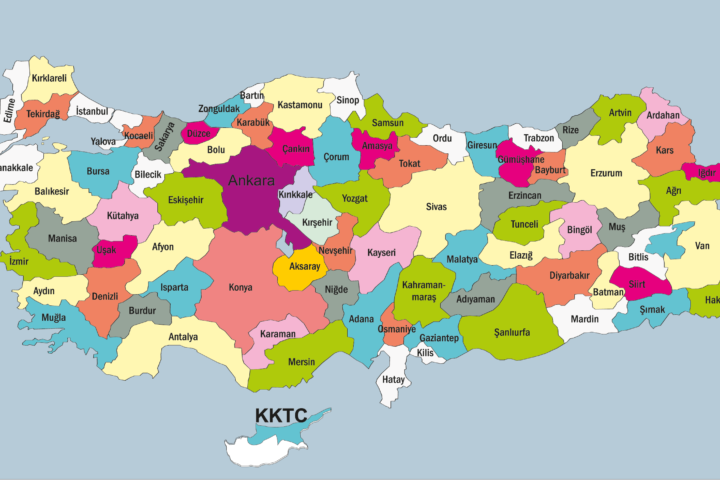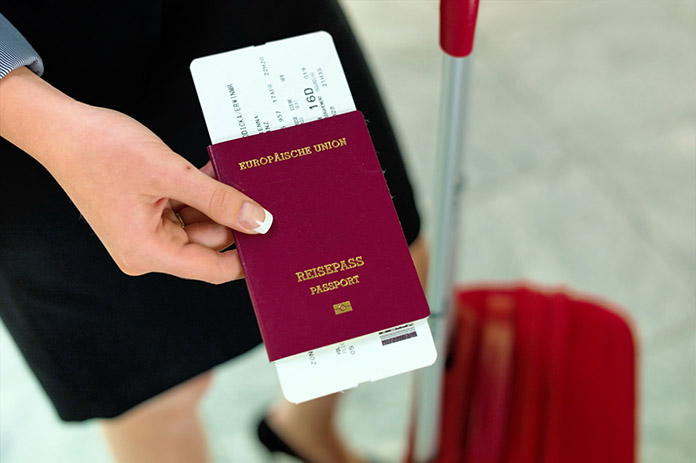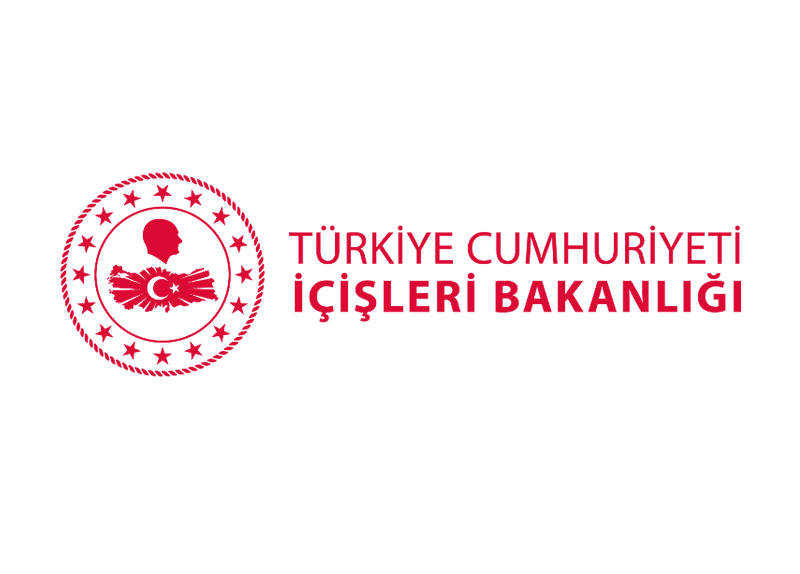Navigating the process of extending a visa in Turkey can seem daunting to many international students, but with the right guidance, it becomes a manageable task. Whether you’ve come to Turkey to immerse yourself in its rich culture, pursue higher education, or both, understanding how to legally extend your stay is crucial for a seamless experience. Campus Turquie, your trusted partner in education consulting, is dedicated to providing you with clear, step-by-step advice to ensure that your academic journey remains uninterrupted. This blog post aims to delineate the necessary procedures, required documents, and key tips for a successful visa extension, allowing you to focus on your studies and enjoy your time in this vibrant country.
Required Documentation for Visa Extension
When planning to extend your visa in Turkey, gathering the necessary documentation is the foremost crucial step. Essential documents include a completed and signed visa extension application form, a valid passport with at least six months of remaining validity, and recent passport-sized photographs meeting Turkish immigration standards. Additionally, you will need proof of sufficient financial means to support yourself during the extended stay, which can be demonstrated through bank statements or sponsorship letters. An official student enrollment document from your Turkish educational institution, such as a university enrollment certificate, is also required to verify your student status. Ensure all documents are up-to-date and legible to prevent delays or complications during the application process.
Additionally, it’s essential to present proof of health insurance coverage valid in Turkey for the duration of your extended stay. This may be obtained through a local Turkish insurance provider or an international policy recognized by Turkish authorities. If you’ve changed your residence, a notarized rental agreement or a document proving your new address must be submitted. Also, depending on your nationality, you might need to supply additional documents such as a police clearance certificate or health reports. Obtain translations of any documents that aren’t in English or Turkish, certified by an authorized translator. Keeping copies of all your submitted documents is advisable, as this ensures you have a backup in case any originals are lost during the process.
Working with Campus Turquie can greatly facilitate the document preparation process, as our seasoned consultants are well-versed in the intricacies of Turkish immigration requirements. We assist you in organizing and verifying that each document meets the required criteria, ensuring nothing is overlooked. Our experts can also help you navigate any last-minute changes in regulations or documentation standards, providing peace of mind and eliminating the potential for costly mistakes. Furthermore, we offer translation services and can connect you with reliable local insurance providers to secure the necessary coverage. By leveraging Campus Turquie’s comprehensive support, you can confidently submit your visa extension application, affording you more time to focus on your educational and cultural endeavors in Turkey.
Navigating the Application Process
Navigating the application process for a visa extension in Turkey requires careful attention to detail and adherence to specific steps. First and foremost, it is essential to apply for your extension before your current visa expires. The initial step involves gathering all necessary documents, which typically include your passport, current visa, residence permit, student enrollment certificate, proof of health insurance, and financial evidence of your ability to support yourself during your stay. Ensuring all paperwork is complete and accurate will pave the way for a smoother application process. Submit these documents either online through the e-Ikamet website or at your local immigration office, and be prepared to attend an in-person interview if necessary. Planning ahead and staying organized can significantly reduce the stress associated with this process and increase your chances of a successful visa extension.
After submitting your application, it’s important to regularly check the status through the e-Ikamet system or follow up with your local immigration office. Patience and persistence are key during this waiting period, as processing times can vary depending on the time of year and the volume of applications. You might receive requests for additional information or documents, so it’s crucial to respond promptly to avoid delays. While waiting for your extension to be processed, you are typically allowed to stay in the country, but you should avoid any international travel unless absolutely necessary, as re-entry could complicate your application status. Staying proactive and informed throughout this stage will help ensure that you remain compliant with Turkish immigration laws and can focus on your studies without unnecessary interruptions.
Once your visa extension is approved, make sure you collect and keep all related documentation safely. It’s essential to always have your permit and any updated paperwork on hand, as you may need to present them during routine checks or administrative procedures. Acclimating to local regulations and understanding the responsibilities tied to your extended stay will help you avoid potential pitfalls. If you face any issues or have questions during this process, don’t hesitate to seek support from Campus Turquie, as we specialize in assisting international students through every step of their educational journey in Turkey. Our expertise and personalized consulting services are designed to ensure you remain focused on your studies and enjoy a fulfilling and worry-free experience living in Turkey. Rest assured, by staying well-prepared and informed, you can continue to thrive in your academic pursuits.
Common Mistakes to Avoid
One of the most common mistakes international students make when seeking to extend their visa in Turkey is waiting until the last minute to begin the process. It’s crucial to start the application well before your current visa expires, as the bureaucratic procedures can be time-consuming. Additionally, missing or incomplete documents can cause delays that might jeopardize your legal stay. Always ensure you have all necessary paperwork in order, such as updated financial statements, enrollment letters, and valid health insurance. Preparing in advance not only reduces stress but also increases your chances of a seamless extension process.
Another frequent mistake is ignoring the specific rules and requirements that apply to your particular type of visa. Different categories, such as student visas, research visas, or short-term residence permits, may have distinct requirements and deadlines. Failing to familiarize yourself with these specifics can lead to unnecessary complications. For instance, some students mistakenly assume that their enrollment letter or passport copy is sufficient for all types of visa extensions, neglecting to provide other crucial documents like proof of accommodation or a detailed study plan. Make sure to consult with reliable sources or seek professional advice to comprehend the exact criteria tailored for your situation.
Lastly, some students underestimate the importance of promptly addressing any changes in their personal information or travel plans. Failing to update the relevant authorities about changes in address, course of study, or financial status can invalidate your visa extension application. Regular communication with your university’s international office and keeping abreast of any potential changes in immigration laws is essential. Simple oversights, such as not notifying the authorities of a new residential address, can lead to administrative hurdles. Staying proactive and attentive to detail ensures that your visa extension process proceeds without unexpected setbacks, allowing you to continue your educational journey in Turkey without interruption.







